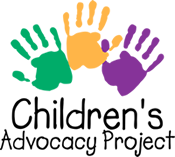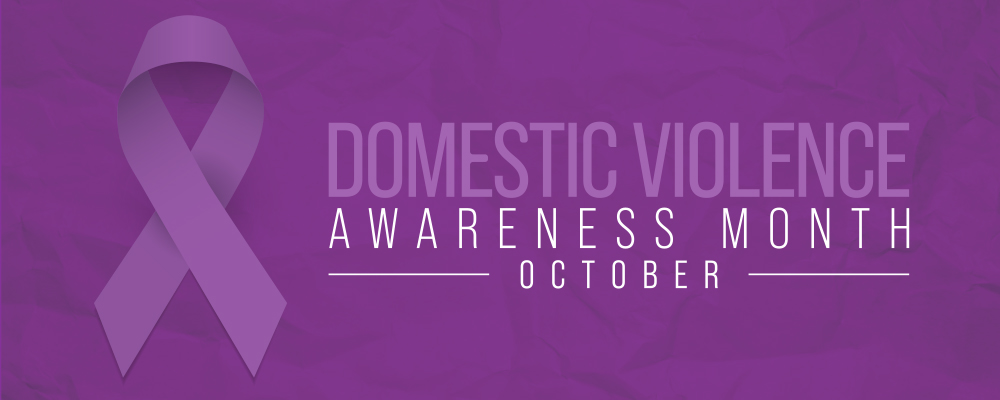October is Domestic Violence Awareness Month. It is a time for us raise awareness, to speak up, and support survivors of domestic violence, including the children who have witnessed this devastating but common issue.
Witnessing domestic violence can have the same negative effects on a child’s mental health and learning as if the child had been abused directly.
“Brain imaging in infants shows that exposure to domestic violence – even as they are sleeping, or in utero – can reduce parts of the brain, change its overall structure and affect the way its circuits work together.
Researchers estimate that between 4.5 million and 15 million children are exposed to physical violence in the home. Verbal and emotional abuse in the home is more difficult to track” (source).
Much like with sexual abuse, children who witness domestic abuse feel betrayal by someone who is supposed to be to a protector. Domestic violence can be confusing for all victims involved.
How to support a child who has witnessed domestic violence:
-
Be with them: spending time with a child doing activities as simple as reading a book, cooking together, or having a conversation about the day can help foster a meaningful connection.
-
Check in: Regularly checking in to support a child who has been exposed to trauma can make them feel recognized and supported.
-
Don’t pressure: A child may not want to talk about what they have witnessed or experienced all the time, let them lead the conversation. Don’t pressure a child to talk about topics they may not want to discuss.
-
Be a role model: Show children ways to deal with stress through setting healthy examples in your own life
Ways to get involved during Domestic Violence Awarness Month:
-
Learn about domestic violence:
-
Check out the National Network to End Domestic Violence’s “10 Tips to Have an Informed Conversation about Domestic Violence”. This article touches on topics like not victim blaming, holding offenders accountable, and challenging widely-help perceptions about domestic violence.
-
-
Support the organizations making a difference:
-
Organizations like the The Self Help Center in Evansville, WY provide crisis intervention and support services to domestic violence and sexual assault survivors. Including a safe house, 24-hour hotline, advocacy services, support groups, and more.
-
The Children’s Advocacy Project provided 48 forensic interviews to children who witnessed abuse, that makes up 15% of all interviews conducted in 2020. At CAP, we can continue to provide these children with counseling and family advocacy.
-
-
Be on the lookout for events happening in your community that support Domestic Violence awareness!

